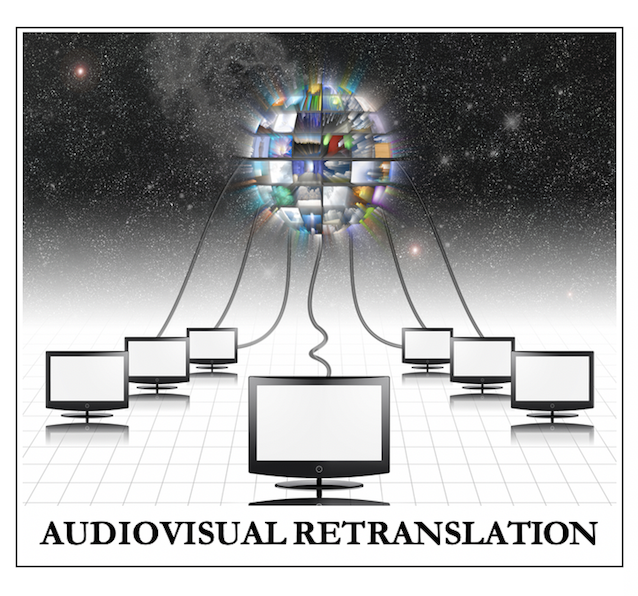Redubs in Basque Public Television: Western Films as a Case in Point
DOI:
https://doi.org/10.13133/2239-1983/14570Abstract
Redubs represent an unparalleled opportunity to analyse the divergences in different translations of one and the same source text. This study investigates the different strategies adopted by audiovisual translators of the same original film within the framework of the Spanish dubbing industry. In order to do this, various issues will be looked at. Firstly, cultural references, which typically pose a challenge to translators. Likewise, the choice between formal versus informal forms of address in Spanish is also fraught with difficulties, as opting for one or the other will have an impact on the way power relations are depicted to the target audience. Additionally, the presence of taboo words and offensive language and how these are transferred into the target language is also examined. The study shows that there is a strong tendency towards levelling out or omitting any instances of substandard language. Finally, the oral features in the original version seem to invariably undergo a standardization process that, again, contributes to reducing the linguistic variation present in the source text. Therefore, the connotative meaning of the text seems to be neglected, to a greater or lesser extent, during the translation process.
##submission.downloads##
Pubblicato
Come citare
Fascicolo
Sezione
Licenza
Gli autori che pubblicano su questa rivista accettano le seguenti condizioni:- Gli autori mantengono i diritti sulla loro opera e cedono alla rivista il diritto di prima pubblicazione dell'opera, contemporaneamente licenziata sotto una Licenza Creative Commons - Attribuzione che permette ad altri di condividere l'opera indicando la paternità intellettuale e la prima pubblicazione su questa rivista.
- Gli autori possono aderire ad altri accordi di licenza non esclusiva per la distribuzione della versione dell'opera pubblicata (es. depositarla in un archivio istituzionale o pubblicarla in una monografia), a patto di indicare che la prima pubblicazione è avvenuta su questa rivista.
- Gli autori possono diffondere la loro opera online (es. in repository istituzionali o nel loro sito web) prima e durante il processo di submission, poiché può portare a scambi produttivi e aumentare le citazioni dell'opera pubblicata (Vedi The Effect of Open Access).


